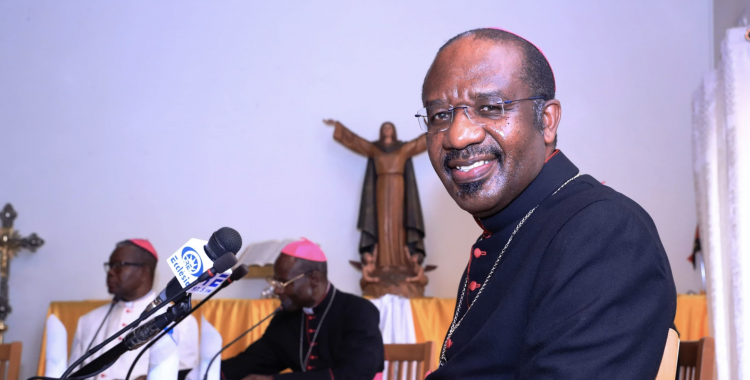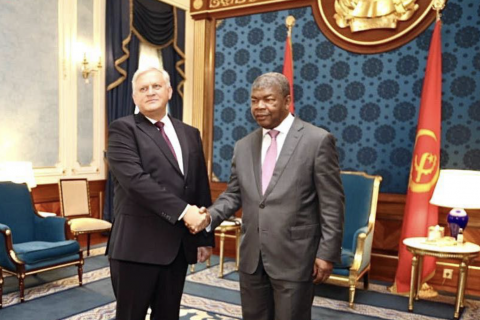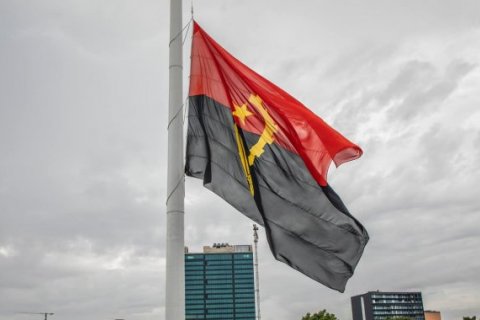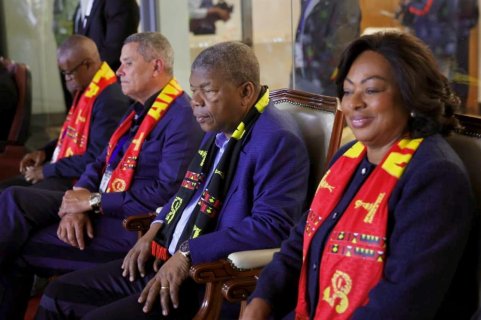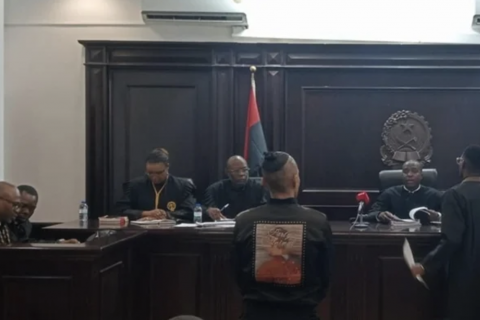"On the verge of 50 years of independence, isn't it time to free politics and intelligence from the bonds and partisan tricks to simply be at the service of the good of citizens and the country? Isn't it time to bury them once and for all the negative and vengeful historical charge that lives within us and overshadows and conditions our political action and the danger of our achievements and our authentic reconciliation?", asked the Angolan archbishop, José Manuel Imbamba, this Tuesday.
The president of the Episcopal Conference of Angola and São Tomé (CEAST), who was speaking at the opening of the 2nd Annual Plenary Assembly of Angolan bishops, also questioned the "normality" of "turning everything into a party system", namely people, institutions, reflections, knowledge and thoughts.
"Isn't it time to devote ourselves to objective, scientific analyses of our reality, free from self-indulgence and party revenge?", he asked.
For the president of CEAST, these issues are "disturbing", urging everyone to "examine our conscience and loudly accept our respective faults with the aim of amendment and renewal".
"I also invite our political party leaders to never break the lines of dialogue, for the consensus that is necessary, for the good of all, at this time when we are all needed", he stressed.
José Manuel Imbamba, the outgoing leader of this body of the Catholic Church in Angola, considered, on the other hand, that the social environment in the country "remains gloomy with high levels of anxiety, nervousness, restlessness, uncertainty, perplexity, disbelief and disillusionment".
According to the Catholic prelate, political party language "is still a long way" from including, reconciling, pacifying, uniting, uplifting, encouraging and rekindling trust and hope.
"We continue to act on the basis of intrigue, falsehood, hatred, slander, indifference, discrimination, flattery, calculation, selfishness, division and lack of commitment to the common good and, above all, to the good of the most disadvantaged", he criticized.
Social protagonism "still belongs to the activist and not to the citizen, a fact that keeps our society sick and hostage to bipolarization and labeling", he stated, arguing that politicians and intellectuals in Angola have the duty to inject cultural seeds into society based on the foundations of human dignity, love, goodness, truth, justice and peace.
The plenary assembly, which will run until next Saturday, will address the country's social and religious life, namely the election of the new CEAST board for the next three years, the reality of the communities and the official opening of the 2024-2026 Triennium dedicated to Ordained Ministers and Consecrated Life.
Regarding the motto of the triennium, José Manuel Imbamba, who said he had done "everything possible" during his term and advocated continuous internal administrative reforms, stressed that this translates into a reflection on vocation, identity and mission in the face of current challenges.
"We know that, because of the weakness of human life, at times, the ordained ministry and consecrated life have been wounded, and we regret the current tendency to trivialize sacred life, which is often led by ourselves", concluded the Catholic archbishop.

